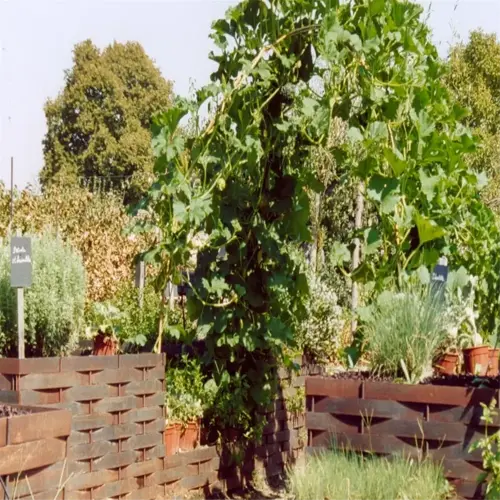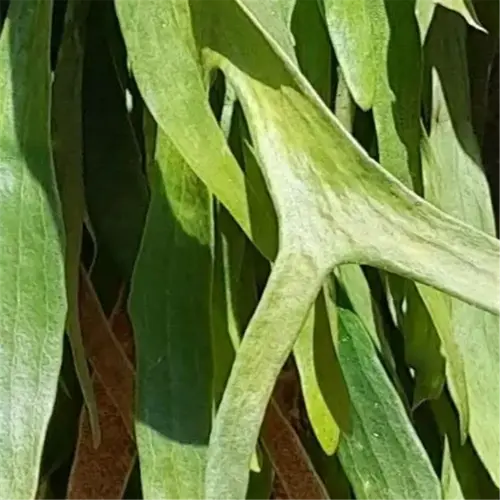Can compost spread black spot fungus?

Written by
Olivia Mitchell
Reviewed by
Prof. Samuel Fitzgerald, Ph.D.Roses infected with black spot disease can tempt the home gardener to compost sick leaves, which can release spores and spread the disease. Compost generated at home usually does not reach much more than about 130°F (54°C), which I have seen allow Diplocarpon rosae spores to survive the composting process. Planned outbreaks have been traced directly back to compost that contained the spores, so as a rule of thumb, I now bag all diseased debris, and start fresh compost each year.
Why Home Compost Fails
- Spores survive below 140°F (60°C) for 30+ days
- Turned piles cool unevenly, creating safe zones for fungi
- Moisture reactivates dormant spores during decomposition
Safe Alternatives
- Use USDA-certified sterilized compost from retailers
- Solarize homemade compost under clear plastic for 6 weeks
- Municipal composting facilities often reach lethal temps
You can monitor the heat of your compost with a thermometer for $15. Just 12 inches deep will give you an accurate reading. If the temperature does not exceed 140°F (60 °C) for 2 weeks, then you can safely assume that any spores will survive. I was a victim of complacency and lost an entire rose bed before I learned this lesson, now I ensure I check the temperature weekly following decomposition.
Solarization provides a do-it-yourself solution. Stack the infected organic material in between two clear plastic sheets and let it heat up for six summer weeks. Ultraviolet (UV) radiation and heat retention under the plastic can raise the temperature to 160°F (71°C), killing the spores. One client safely reused the composted material after treatment with no outbreaks for three seasons.
Typically, municipal facilities adhere to a federal requirement that states compost must be processed in accordance with 150°F (66°C) temperature. Check with your local facility - most will accept rose debris in yard waste bins. They will take the risks associated with treating it at home and the garden will not have fungal decomposition products.
Read the full article: Black Spot Roses: Prevention & Treatment Guide

